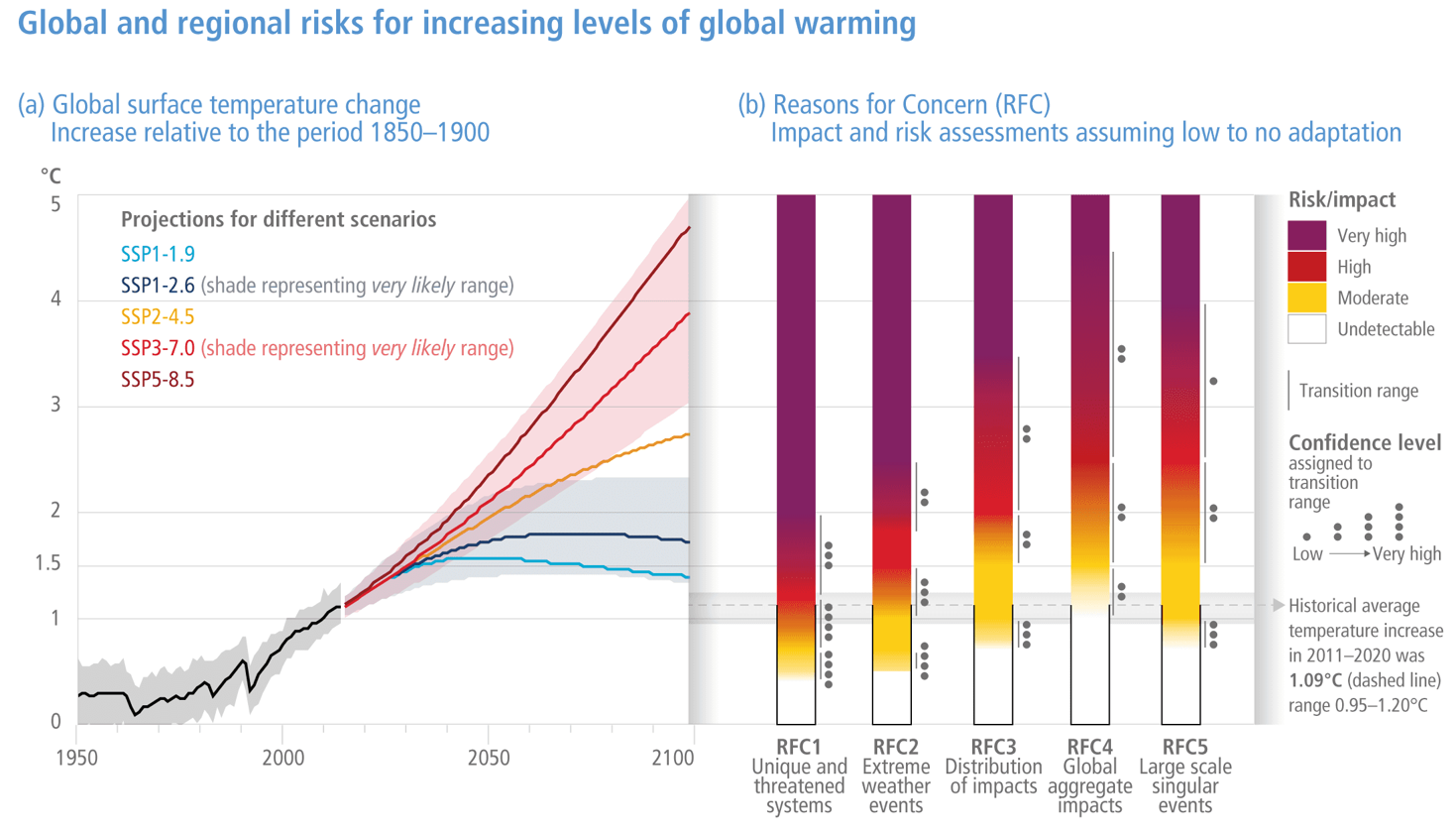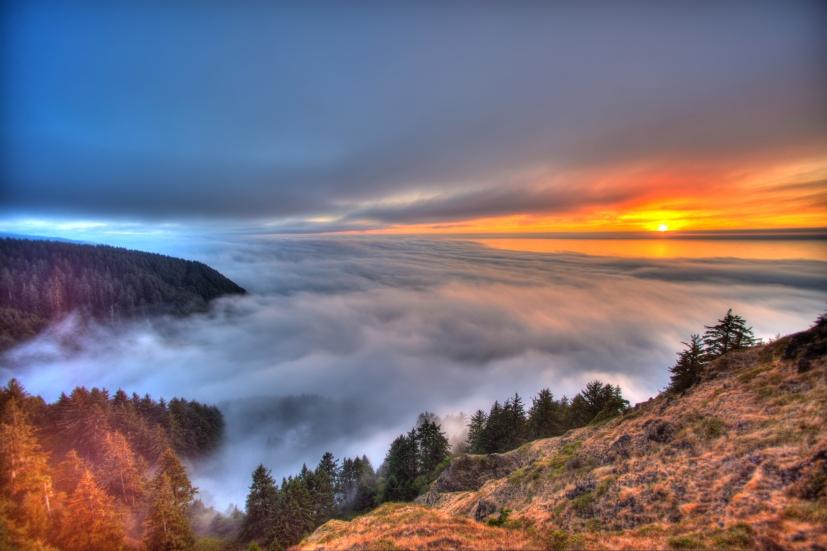Climate Change and Lord of the Rings?
“I wish it need not have happened in my time,” said Frodo.“So do I,” said Gandalf, “and so do all who live to see such times. But that is not for them to decide.
All we have to decide is what to do with the time that is given us.”
- J.R.R. Tolkien, The Fellowship of the Ring
In J R R Tolkien’s The Lord of the Rings, the novel’s protagonist, Frodo and key characters like Gandalf and Aragorn had to make difficult decisions in their journey to destroy the One Ring — decisions that often led to feelings of regret at choosing the wrong turn on the road.
Inspired by Tolkien’s experiences in World War I, the novel’s themes of choices and regret are especially relevant today, as one traces how the current climate crisis developed as we, after a fashion, collectively took a wrong turn.
The climate we experience today is the consequence of continuous emissions of greenhouse gases from industries and transportation that are heavily dependent on fossil fuels like coal, oil and natural gas, and from continued land cover change for human use. Such developments may have improved the lives of many around the world but it has also been emissions-intensive.
Moreover, not everyone has benefited equally from the growth. Earth’s most vulnerable people and natural ecosystems are also at greatest risk to climate change, while contributing the least in terms of greenhouse gas emissions.

Figure caption: Summary of global risks arising from increasing global warming levels relative to pre-industrial temperatures (i.e. the Paris Agreement baseline). Figure is taken from from the IPCC’s WGII Summary for Policymakers for their Sixth Assessment Report released in February 2022. More information, including the baseline data, can be read here
The bottom line is that there will be great costs since we made the wrong turn in history. A course correction is sorely needed. Our liveable world as we know it is at stake.
For a long time, academics like myself have spent much time researching and seeing how this likely climate path ends in a lot of potential suffering if nothing is done. Our calls were mostly unheeded, especially before the Paris Agreement in 2015, when it appeared governments would not take any action on averting climate change. Personally, it was rather frustrating to know that climate inaction was generally occurring despite the strong scientific consensus that climate change would be harmful for a vast majority of humanity. The situation depicted in the recent Netflix movie “Don’t Look Up” reflected the real world frustrations and struck close to home.
After Paris, however, what’s been heartening is seeing more communities starting to take notice of the consequences of inaction. These include climate activists, elected officials, the public service, and private sector leaders all around the world. Even as the COVID-19 pandemic’s impacts are severely felt globally, the focus on climate action has been steadfast and gaining momentum. Like the Fellowship in Lord of the Rings, we have a good idea of what needs to be done for climate action. A belated course correction on this path is being made based on the best knowledge provided by the world’s climate scientists.
This path includes actions aimed at reducing our greenhouse gas emissions or lower deforestation rates; approaches adjusting to and lowering risks from hazards like heat, floods and droughts; and policies enabling societal change geared to a green economy are being implemented in the face of climate change. For instance, implementing renewable energy technologies that reduce emissions (like solar power farms) also requires trained labour for their long-term operation and maintenance. Training these skilled labour at-scale would be greatly enabled by supportive policies aimed at transforming the labour market, which can ensure that these technologies can remain sustainable in a green economy.
The IPCC terms this integrated approach as “climate resilient development” and what’s encouraging is that they’ve assessed that the ideas and approaches are neither new nor novel. In other words, these solutions already exist and can be implemented both rapidly and at scale across the globe. Indeed, there’s strong evidence that global greenhouse gas emissions trends have remained flat for a decade, even after including the post COVID-19 emissions increase. However, this flat trend is insufficient; with current global greenhouse gas emissions still not declining, we are running out of time to reverse our course in order to maintain a liveable world.

Figure caption: Headline statement D5 on the importance of climate resilient development from the IPCC’s WGII Summary for Policymakers for their Sixth Assessment Report released in February 2022

What can we do to enable and accelerate this change in path as individuals? While you, dear reader, may be well informed about what climate change is caused and how to stop it, you may be surprised by how many others are ignorant or apathetic of climate change. This particular fellowship has to be a large community, and the more people are informed and involved, the greater the chances of successful climate action taking place.
The eminent climate scientist, Dr. Katherine Hayhoe, has said the most important thing you can do to fight climate change is something quite straightforward - talking about it. And yes, I agree with her; sometimes a simple conversation with friends and family on how climate change will affect their lives is all that’s needed to start on the path towards action. For me, it can be as simple as engaging with primary school students and telling them how their first steps in learning about science and social studies are important subjects towards being informed about climate change, to allaying the climate anxieties that some of my SMU students have when they fear that hope is lost and time’s run out (come to think of it, it’s a bit like the conversation Gandalf and Frodo have…!)
Our collective future as a species is still unwritten, and we must take heed of Gandalf’s advice on deciding what to do with the time left to us. In the Lord of the Rings, the Fellowship succeeded in their quest because they knew what was at stake, and trusted each other in working together towards their common goal in averting a crisis. Similarly, starting a conversation with your friends and family could be a start of developing a climate fellowship to change the course we’re all currently on, and write a different and more hopeful future.
Headline Photo by Ergo Zakki on Unsplash





